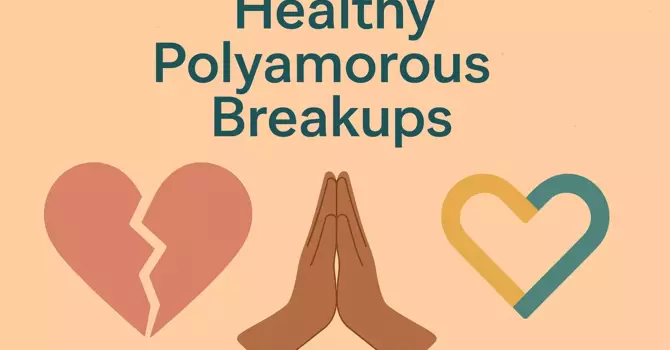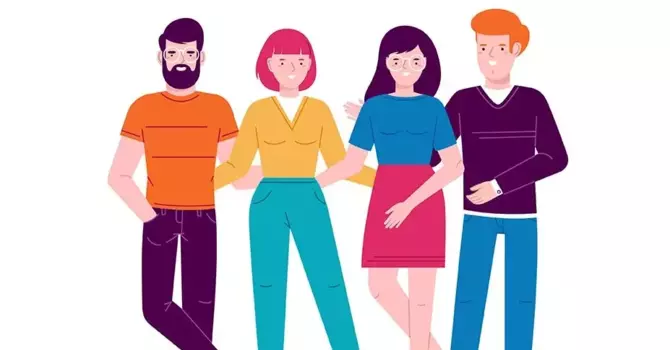
Aftercare in Kink Relationships
Kink, as a sexual outlet, is about boundaries, power dynamics, and desires that extend beyond conventional intimacy. While the focus in media and mainstream discussions tends to be on the physical aspects of kink-dominance, submission, sensation play-there's one crucial component that often goes unspoken: aftercare. In kink relationships, aftercare is just as important as the scene itself and plays a vital role in ensuring emotional and physical well-being for everyone involved.
What is Aftercare?
Aftercare is the care and affection both parties receive after a kink scene, be it with words of comfort, touch, or giving space to reflect and care. Aftercare is personal and different for each individual; it is not only important for emotional recovery but also for the continuance of a healthy, balanced dynamic in the relationship.
Aftercare is performed to help soothe physical discomfort caused during a scene, to help with the emotional impact of the power exchange, and to reassure and make each other feel safe and trustworthy. It is that time when all the participants get together, talk about things, and reconfirm their boundaries and consent so that everyone feels valued and cared for.
Why Aftercare is Important in Kink Relationships
In kink, most especially in those very heavy scenes involving power exchange, vulnerability, and trust, participants can experience a range of emotional and physical responses. For example, a submissive may feel overwhelmed or emotionally exposed after giving up control, while a dominant may feel responsible for their partner's well-being. These feelings, whether they are euphoric, vulnerable, or even sad, need attention and support.
Without aftercare, these feelings can fester and/or become overwhelming, with the potential to turn negative or even traumatic. Aftercare provides a safe place to process these emotions and ensures that everyone leaves the scene in a secure and cared-for manner.
Physically, aftercare attends to any eventualities of marks, bruises, or soreness caused by impact play, bondage, and a variety of sensation play. It would include checking in with the body, taking care of any issues that arise, and making sure both people are comfortable.
The Forms of Aftercare
Aftercare is individualistic. While some people like physical contact-cuddling, light strokes, and holding hands-after a session to feel safe and cared for, others require verbal reassurance in the form of affirmations of trust and gratitude, and validation for their effort in the scene. Some might want to spend time alone sorting out their feelings, while other participants may crave deep conversations about what did and didn't work and what could be better next time.
For people in a kink relationship, open communication around what each person needs at the end of a scene is important. Some may need a warm drink, or a blanket, or quiet; others may need to process. This is an ongoing conversation that deepens connection with the partner and strengthens the bond of trust.
Aftercare Beyond the Scene
While aftercare is most commonly associated with the aftermath immediately following a kink scene, it's important to note that the emotional and physical support required within a kink relationship does not come to an end after the scene has concluded. In fact, aftercare may extend into the following days, especially if a particularly intense scene has taken place. Checking in with your partner, sending texts, or having a follow-up conversation may help maintain emotional safety and ensure that any lingering discomfort-whether physical or emotional-is dealt with.
Conclusion
Aftercare is a cornerstone of healthy kink relationships. It is about making sure the participants feel supported, cared for, and emotionally secure after exploring their desires and pushing boundaries. Kink communities adopting aftercare emphasize mutual respect, trust, and open communication in kink-as a practice in which people can enact deep desires while being safe and responsible. Aftercare is not only a supportive process but a means to continue to build stronger, kinder attachments with partners, acknowledging all participants are seen, heard, and loved.
https://inclusivetherapygroup.com/blog/the-role-of-aftercare-in-kink-relationships





